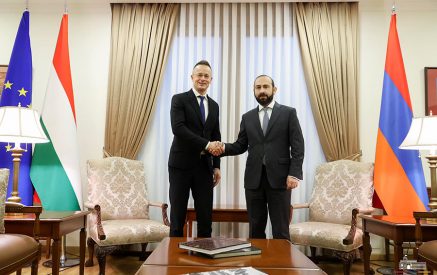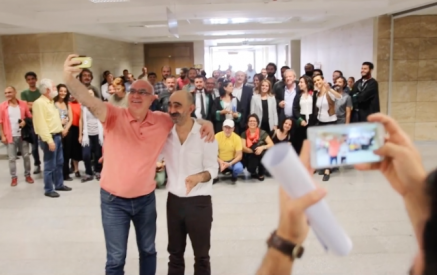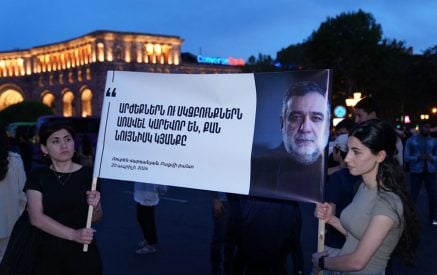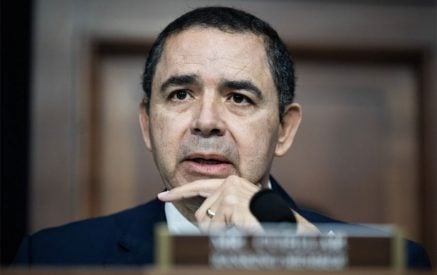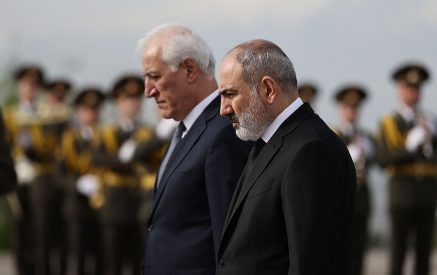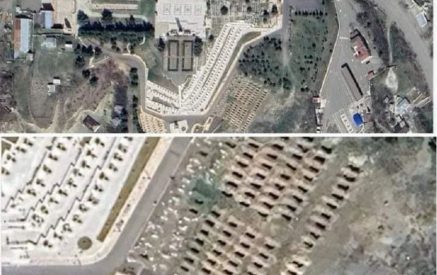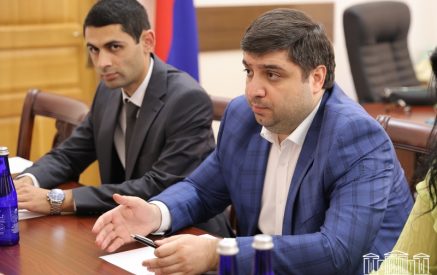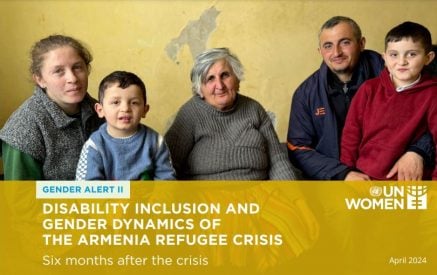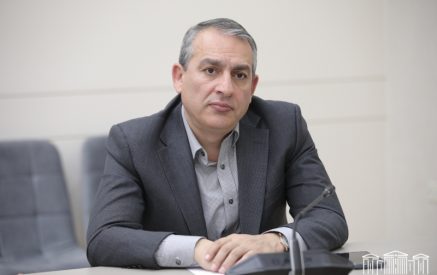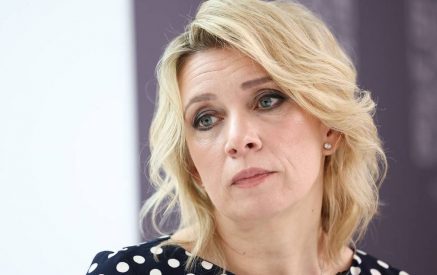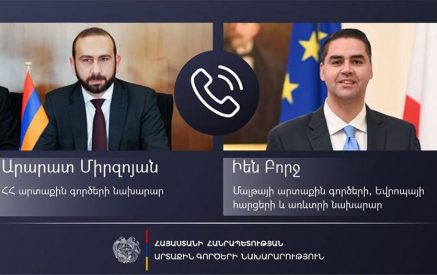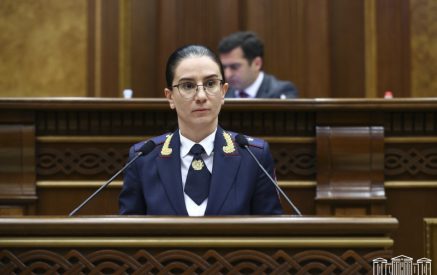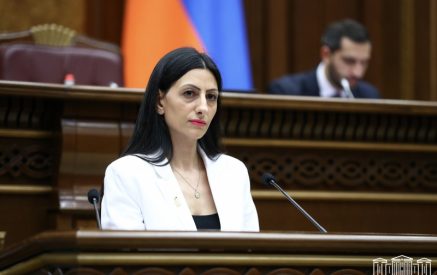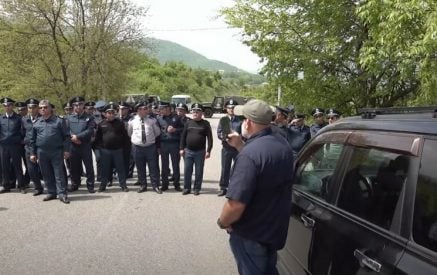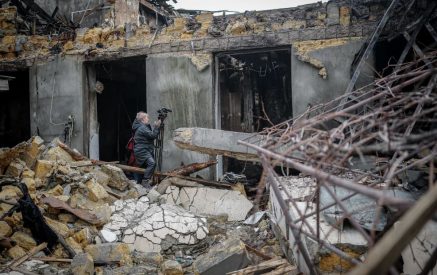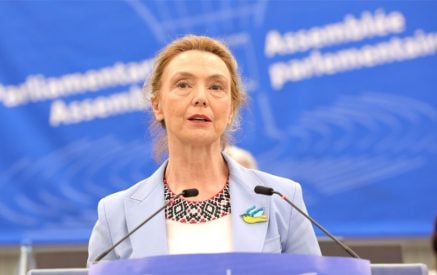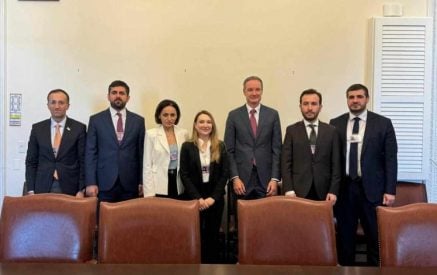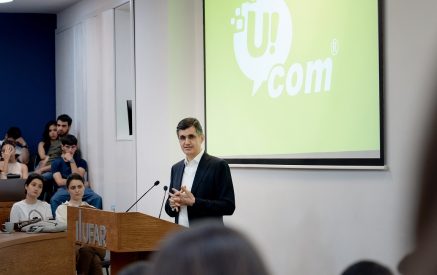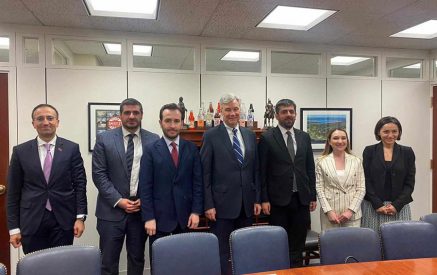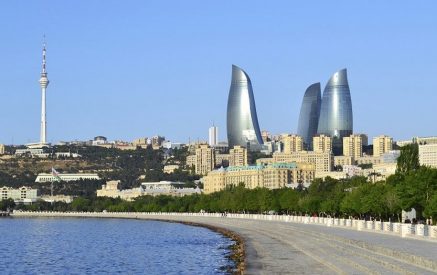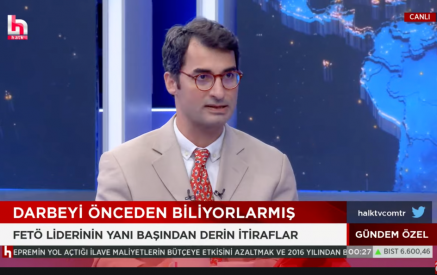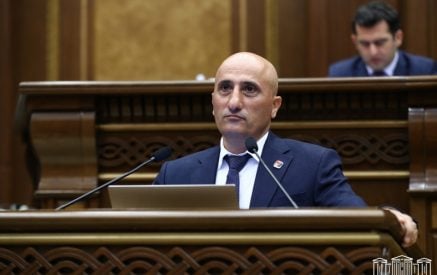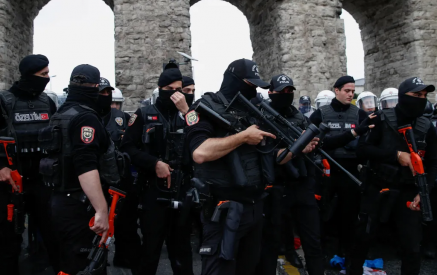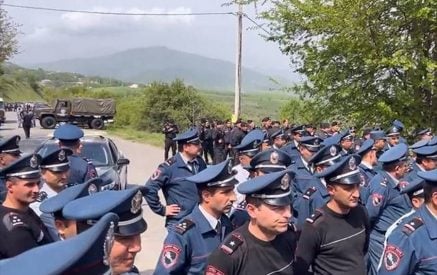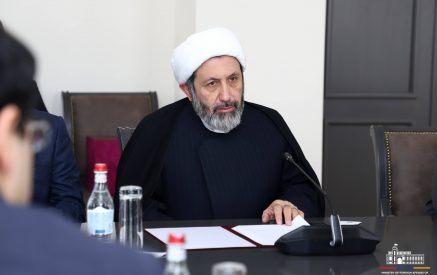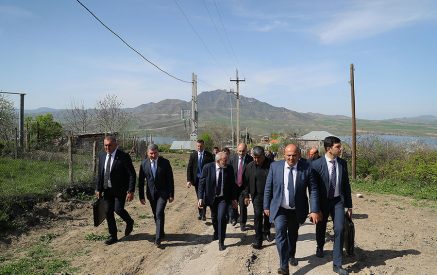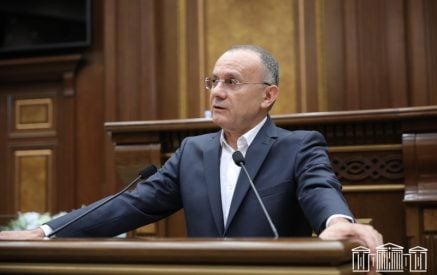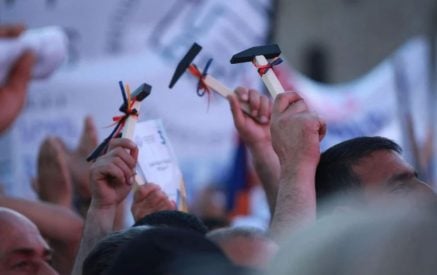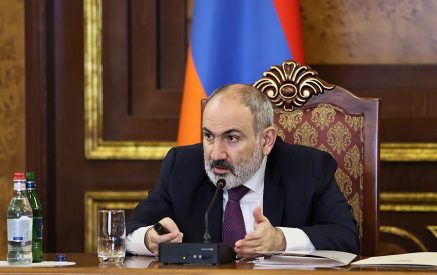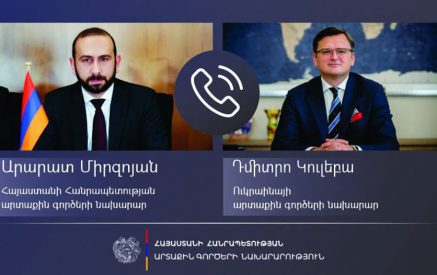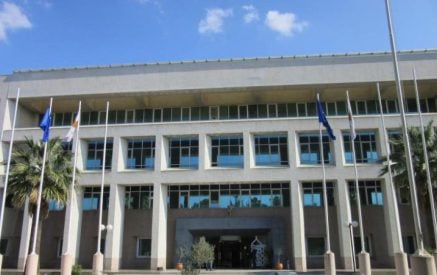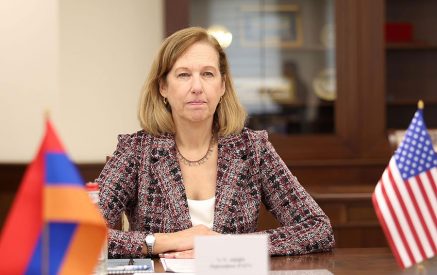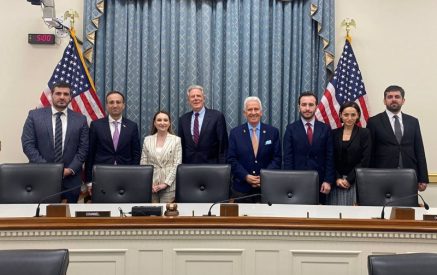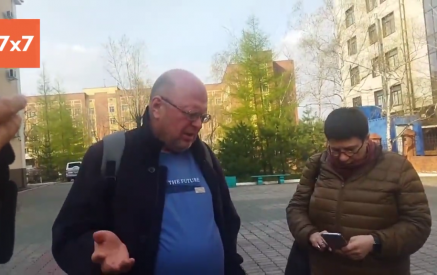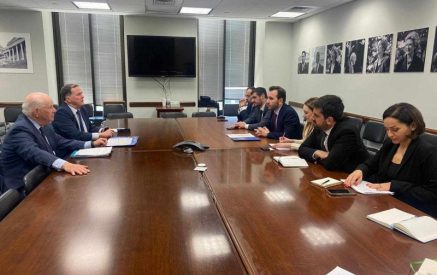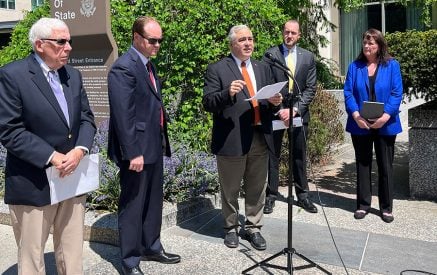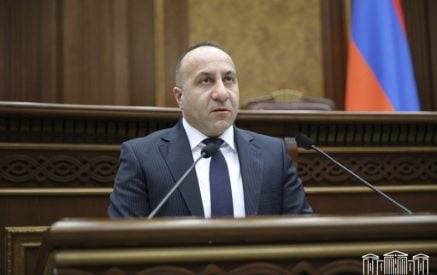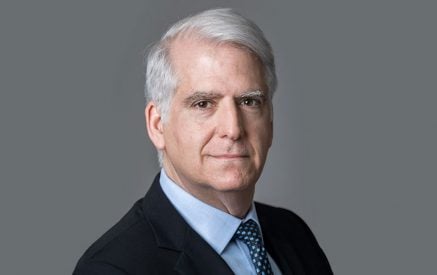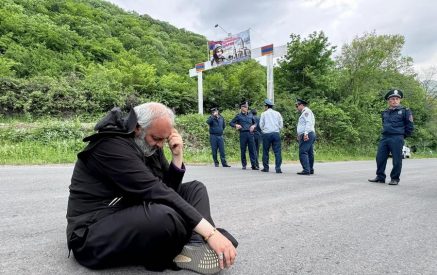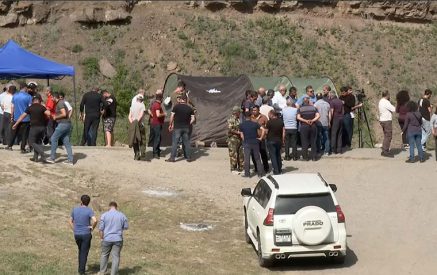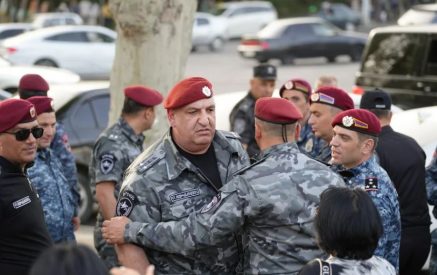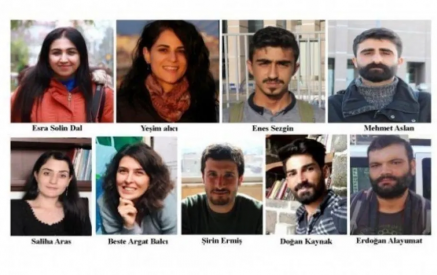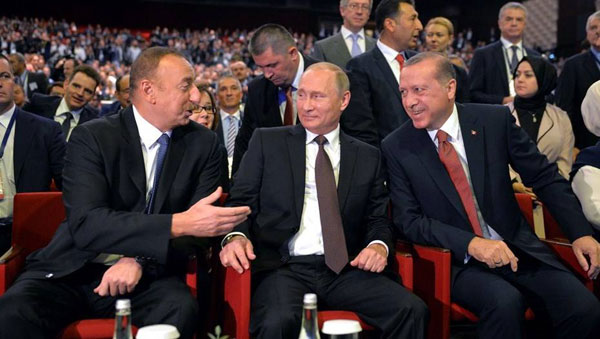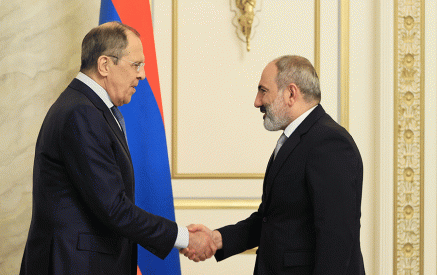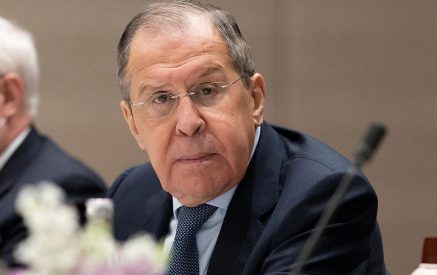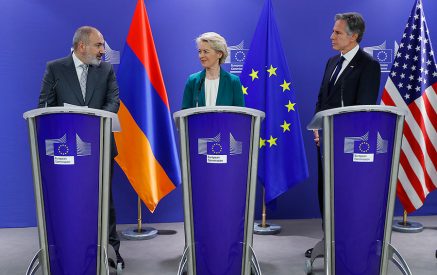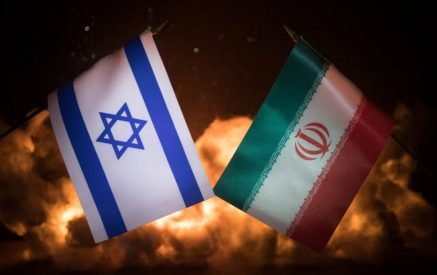According to Turkologist Hayk Gabrielyan, Russia may seek that a number of territories under the control by the Armenian side are handed over to Azerbaijan which will agree to access the Eurasian Economic Union.
– Lately, the interview of Turkish Foreign Minister Mevlüt Çavuşoğlu was broadcast by “Russia 24” TV channel in which he stated that the coup attempt organized in July in Turkey was a turning point in the normalization of relations between Ankara and Moscow. Çavuşoğlu stated, “In those very hard days for us, Russia proved who the real friend of Turkey is. President Putin showed full support to us, also inter alia in terms of exchange of intelligence data. The Turkish people will never forget it.” Can we state that Russian-Turkish relations are consistently going to thaw, or there are issues around which there are still disagreements?
– Turkish authorities attach great importance to the expression of support to them by foreign countries during the military coup attempt rather than after the end and the failure of it. It was a kind of watershed for the Turkish authorities about who are, so to speak, the real friends of the country who expressed their support in times of distress. In this respect, Putin was one of the first to express support to the Turkish authorities.
In the past time, it was even broadcast that Russia had warned the Turkish authorities about the planned coup attempt. At that time, Russian-Turkish relations had already begun to thaw, and Erdoğan’s withdrawal was not beneficial for Putin. It was clear that on coming to power the military guardians supporting Ataturk’s principles would have suspended the Islamization of Turkey, its turning to the East, and instead, they would have turned Turkey to the West (this is why there are many suspicions in Turkey that the US backs the coup attempt). Although the Russian-Turkish relations are steadily moving towards thawing, however, there are still some disagreements. It is mainly about the future fate of Bashar Assad and the scopes of the “Euphrates Shield” operations initiated by Turkish Army. Turkey and Russia have opposing approaches on Ukraine and particularly, the Crimea, the NATO intensification in the Black Sea and Georgia’s accession to NATO.
Read also
– On October 12, at the PACE autumn plenary session, the Turkish Foreign Minister Mevlüt Çavuşoğlu delivered a clamorous speech, stating, “Russia makes very sensible proposals, which is the withdrawal of Armenians from 5 occupied regions of Azerbaijan. This option is now under consideration.” Can the trends of a thaw in Russian-Turkish relations change Moscow’s policy in the Nagorno-Karabakh conflict and the processes of normalization of Armenia-Turkey relations?
– Naturally, the trend of a thaw in the relations between Russia and Turkey are able to make changes in Russian policy toward the normalization of relations between Armenia-Turkey and the Karabakh conflict. Its brightest example is the statement made by Sergey Lavrov in Yerevan that “Turkey can play a positive role” in the Nagorno-Karabakh conflict settlement, and he interlinked the normalization of the Armenia-Turkey relations like the Turkish-Azerbaijani side with the progress in the settlement of the Karabakh conflict.
I will illustrate a number of statements made by the Russian side months ago which show how Russia’s position towards Turkey’s participation in the settlement of Karabakh conflict is changed. After the April war, the same Lavrov had qualified the Turkish leadership’s statements about the Nagorno-Karabakh conflict as totally unacceptable, emphasizing that they are calls not for peace but leading to war and solving the conflict militarily which radically contradicts the OSCE Minsk Group co-chairs’ and the international community stance. Russian Prime Minister Dmitry Medvedev, in his turn, commenting on Erdoğan’s statement saying that “Russia is a party to the Karabakh conflict”, stated that Turkey is inflaming the Karabakh conflict. Finally, in mid-December of 2015, Russia’s representative to OSCE, Sergei Lukashevich, stated that Turkey’s position on Nagorno-Karabakh conflict settlement is one-sided (it supports Azerbaijan), and Turkey’s efforts to defend one of the parties to Karabakh conflict are absolutely destructive and cannot have any continuation.
It is noteworthy that these statements on Karabakh conflict settlement made by Lavrov in Yerevan on October 14 and by Çavuşoğlu in Strasbourg on October 12 were made after the meeting of Erdoğan and Putin in Istanbul on October 10. This can be added by the non-exclusion of Azerbaijan accession to the EaEU in the future by Azerbaijani President Ilham Aliyev during the interview with Dmitry Kiselyov on October 18. I think all this is interlinked to each other given the formation of the trilateral format of “Russia-Turkey-Azerbaijan” partnership this year.
It is no secret that Russia is strongly willing to involve Azerbaijan in the ranks of the Eurasian Economic Union. In that case, the Eurasian Economic Union will become (if it can be said so) complete, and thus the issue of the EaEU member Armenia not having a border with other EaEU member countries will be resolved which is the only one of its kind. This means in itself that the process of enrollment of Azerbaijan to the EaEU is automatically interlinked to the Karabakh conflict settlement or at least with registering significant progress in it because even if we put aside the fact that it is necessary to obtain Armenia’s permit for the accession of Azerbaijan to the EaEU, we must note that Azerbaijan will be forced to communicate with Armenia in the framework of the Eurasian Economic Union and apparently lift the restrictions on transport and communication. It turns out that Russia may seek for the fact that a number of territories under the control of Armenia may be handed over to Azerbaijan (in return for giving an interim status to Nagorno-Karabakh) which in this case would agree to access the Eurasian Economic Union.
As for the process of normalization of Armenia-Turkey relations, and in particular, the reopening of the border, then it can be included in this package of the settlement of Karabakh conflict and to present to the Armenian side as “a certain favor or compensation” received from Turkey in exchange for ceding territory to Azerbaijan. It is known that Turkey has continuously associated the issue of reopening of the border with Armenia to Karabakh conflict settlement or with reporting significant progress in it.
As for Russia’s position on the reopening of the Armenia-Turkey border, I do not think that Russia sees a serious threat in it given their very strong positions in Armenia and the well-known position of Armenians about Turkey. Turkey, in turn, does not take the possible accession of Azerbaijan to EaEU serious. Moreover, in August 2016 (a month after the military coup attempt), Turkish Economy Minister Nihat Zeybekçi did not exclude the fact that Turkey can join the EaEU, explaining the relevant negotiations were held with Russia on this subject after the downing of the aircraft on November 24, 2015. Zeybekçi emphasized that Turkey’s accession to the EaEU should not hamper the process of Turkey’s accession to the EU and with the EU common Customs Union (Turkey is the only country which is not an EU member but is a member of the EU Customs Union since 1995). Although currently, this could be considered as a message to the West, however, we cannot completely rule out the possibility of Turkey’s withdrawal from the EU Customs Union in the future, as Turkey demands from the EU that the free trade agreements signed between the third countries and the EU should not be unilaterally extended over Turkey.
In November, 2014, Volkan Bozkır, Minister of European Union Affairs of Turkey, announced that if a free trade agreement (TTIP) is signed between the United States and the EU, then it is important that the export of US goods by zero customs duty relate to Turkey too because otherwise Turkey will remain unprotected, and if the US goods with zero customs duty enter Turkey that has not free trade regime with the US, Turkey would lose 2.5-3 billion dollars per year from it and will be forced to freeze its membership to the EU Customs Union. Naturally, in the case of Turkey’s accession to the EaEU will also give rise to the issues of permitting it by Armenia and contacting with Turkey within the organization. Thus, a lot of pressure is expected on Armenia in the future.
EMMA GABRIELYAN
“Aravot”, 10.11.2016

